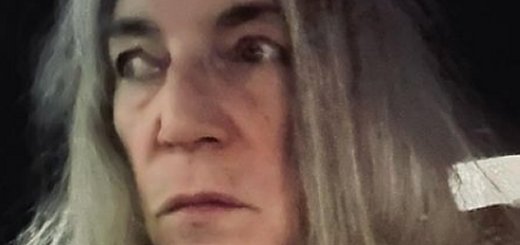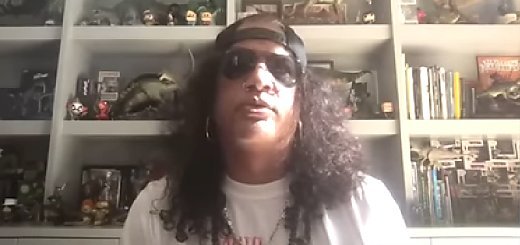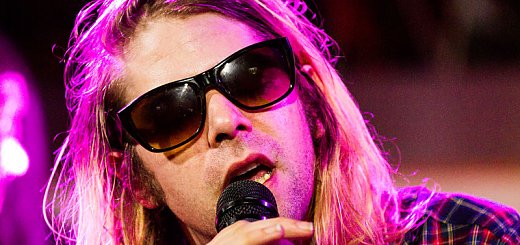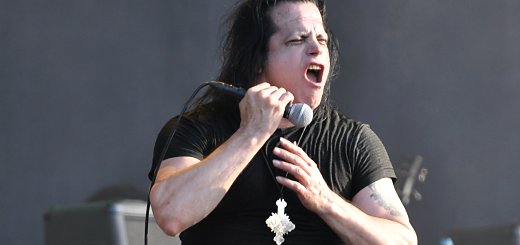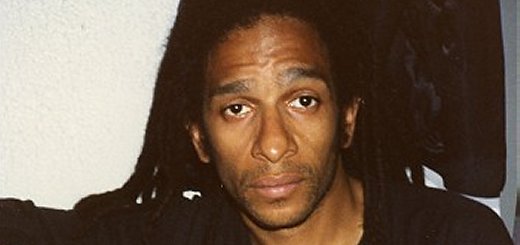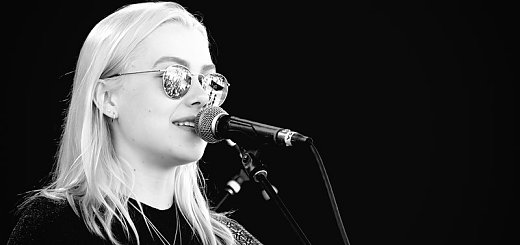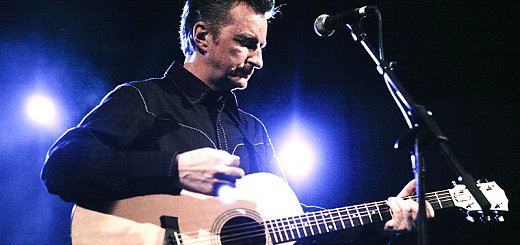Nic Cave says going to church and being a conservative is a modern way of "f****g" with people
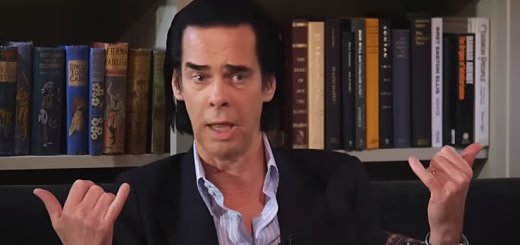
Rock icon Nick Cave talked with 'UnHerd' host Freddie Sayers to discuss his book, 'Faith, Hope and Carnage,' saying that he sees human beings in a completely different way than he did early in his career, and said he is now a "more complete person." Sayers noted that the punk rocker turned "church-going person" might seem unrecognizable, but Cave said he simply gets a delight by "f-----g with people" and "living outside the expectation" of others. Today, for Cave, an avid church-goer, it means "you go to church and be a conservative". Cave also talks a lot about cancel culture and censorship.
